Are Recliners bad for Your Hips – Discover the Pros, Cons, and Health Tips for Optimal Comfort
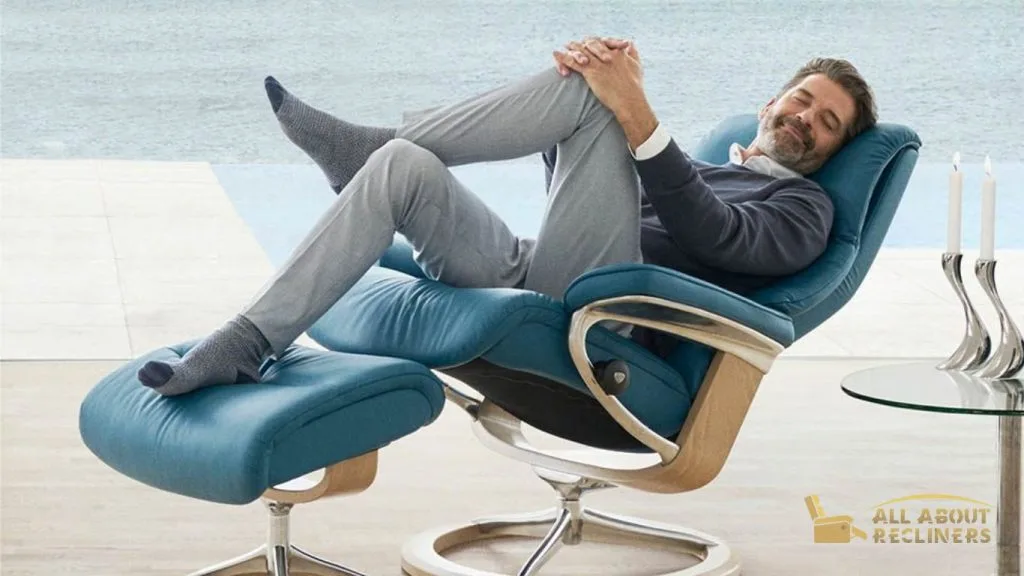
If you’re like many people, you probably enjoy a good recliner when you get home from work. But is reclining in your chair really the best way to spend your evening? While recliners may seem like a great way to relax, they may not be the best choice if you have hips that are prone to strain or pain. In fact, using a recliner for longer hours can actually cause hip pain and even damage your hips over time.
In this article, I’m going to explore the possible benefits and drawbacks of using recliners on the hips and back. By the end of the post, you’ll be able to have a good understanding of whether recliners are bad for your hips or not.
How Recliners May Be Bad For Your Hip?
Hip pain is a common problem, and recliners can be one of the main sources of this pain. When you sit in a recliner for long periods of time, the position of the legs can put a strain on the hips. In a sitting position, your knees are bent, which puts extra pressure on your hip muscles, including the glutes, hamstrings, and flexor muscles.
This can lead to an imbalance or even hip bursitis, a painful inflammation of the sacs surrounding the hip joint. In addition, recliners often cause people to sit in an incorrect position, which puts additional pressure on the hips. If you’re dealing with hip pain, it’s best to seek out professional help.
However, if you don’t have hip pain, be sure to keep these points in mind before using a recliner:
Recliners put a strain on your hips. If your hips are already prone to strain and pain, using a hard recliner will only add more pressure and tension. Instead of relying on the chair padding for support, try using an extra lumbar support cushion during long periods of sitting in a recliner.
They can also cause hip pain. If using a recliner is causing too much pain or discomfort for you, it might be best to adjust your posture while you recline.
Lower back pain and hip pain are common consequences of poor posture. If you sit in the wrong posture for hours and hours at a stretch, you might worsen your hip pain.
Read also: Are recliners bad for your Neck or Back?
Ways to Avoid Hip Pain While Reclining:
Feeling a little bit of pain and hip ache is normal. But if you feel more pain and struggle with sitting back and standing, you might need to take some precautions. There are certain ways you can reduce and even avoid hip pain while reclining.
- Good Lumbar Support:
To avoid hip pain and other problems caused by recliners, it is important to choose a chair with good lumbar support. This will help to reduce pressure on the hips and lessen your risk of developing hip bursitis or other hip problems.
- Improve Your Posture:
If you’re not keeping your posture or if your feet are dangling over the recliner footrest, it might put more pressure on your hips, causing strain and pain.
It’s important to set the position of your recliner at an angle so that all your body parts are in equilibrium. The ideal angle to recline in your favorite seat is 135°, with your feet just falling on the edge of the extended footrest. It’s recommended to raise your legs slightly above the level of your heart for optimal blood circulation and to minimize pressure on your hips.
- Use a Cushion or Support Pad
Place a lumbar support cushion or rolled towel behind your lower back to ensure natural spine alignment. This will reduce pressure on your hips by supporting your core and lower back.
- Physical Exercise:
Physical therapy and exercise can be helpful in relieving hip pain caused by recliners. Simple stretching and exercises can help strengthen your hips and relieve hip pain. Hip flexion of flexor muscles, hip extension, and abduction are especially suitable for strengthening your hips. But at the same time, it’s important not to overstretch your hip and leg muscles to avoid any sprains.
- Limit Recliner Use to Relaxation Periods
It’s best to reduce the usage of your recliner for relaxation sessions rather than long periods of sitting. Alternate between upright seating, standing, and other positions throughout the day to maintain joint mobility and reduce hip stiffness.
Suppose you experience significant hip pain while using a recliner. In that case, it is important to consult with a doctor or physical therapist who can help determine whether or not reclining chairs are contributing to your pain.
You can also ask your therapist for any specific physical exercises that can help reduce hip pain.
In Short
After reading this blog, you should now have a better understanding of the benefits and drawbacks of using a recliner on your lower back and hips. If you are considering purchasing a recliner, weigh the pros and cons to see if it is the right fit for you. Be sure to find one that is comfortable and meets your needs.


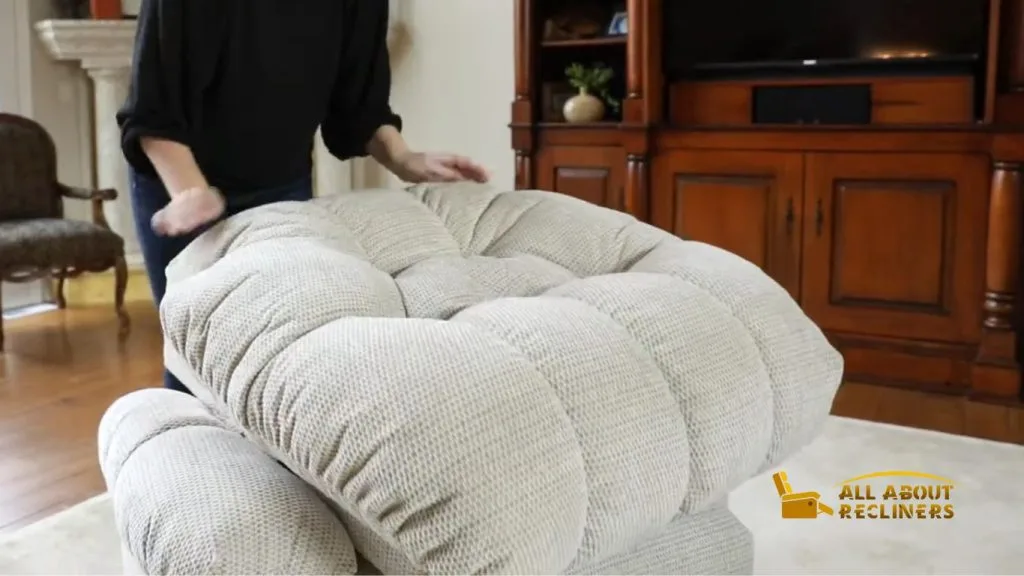
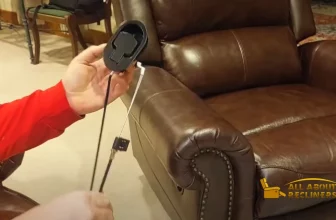
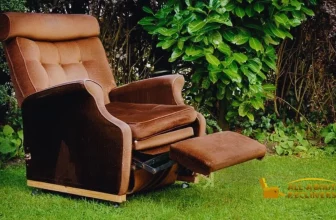
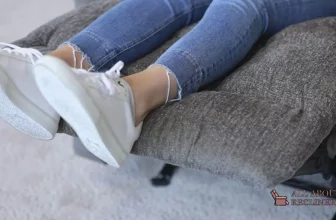
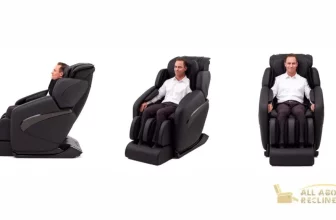

[…] You can read more about Are Recliners bad for Your Hips […]
[…] Recliners have long been cherished for their undeniable comfort and relaxation benefits. Yet, amidst the praise, concerns have arisen regarding their potential impact on hip health. This blog aims to delve deeper into the topic to provide a clearer understanding of whether are recliners bad for your hips. […]
[…] Read also: Are Recliners bad for Your Hips […]
[…] Read also: Are Recliners bad for Your Hips […]